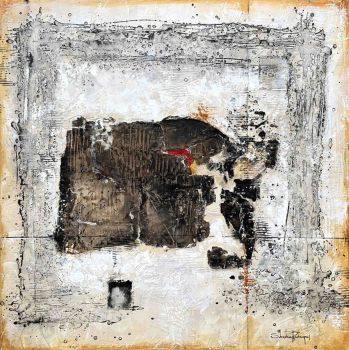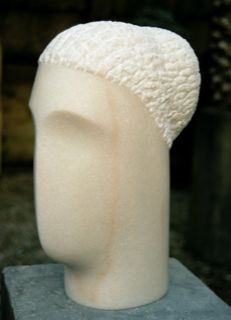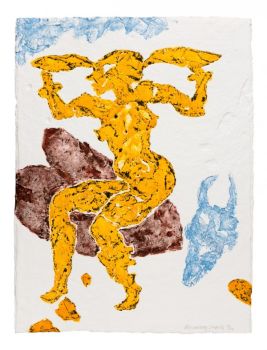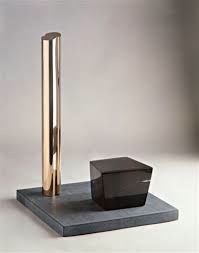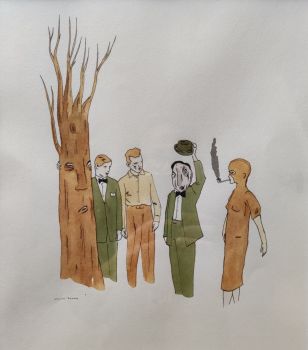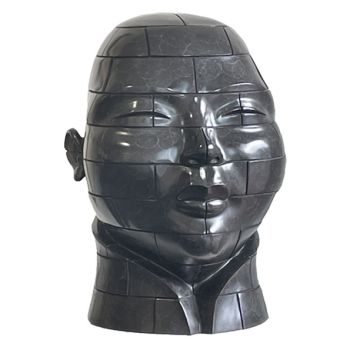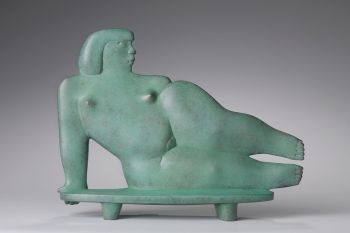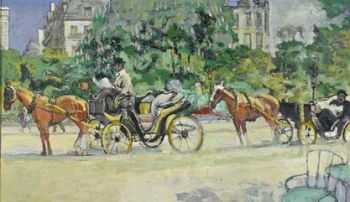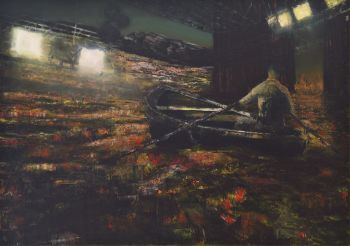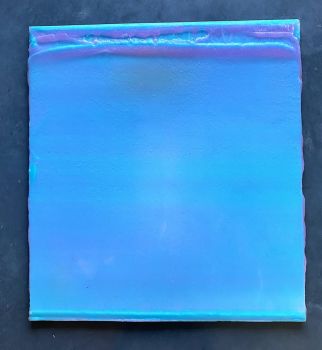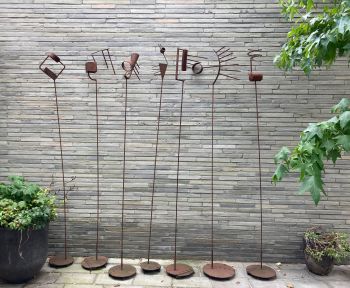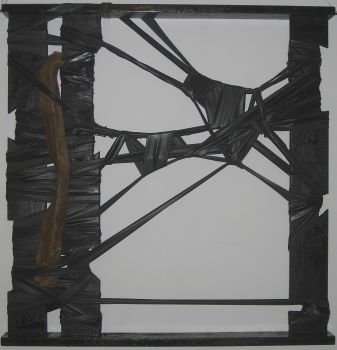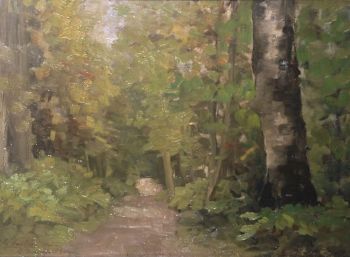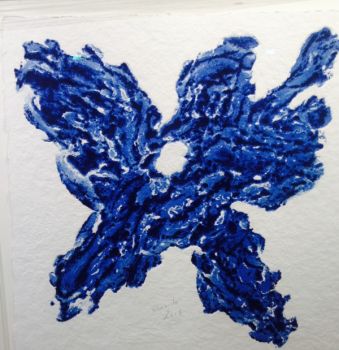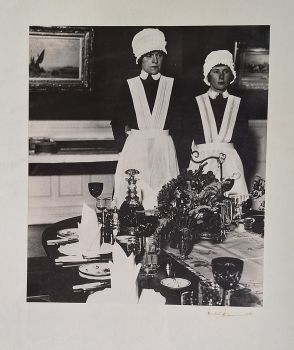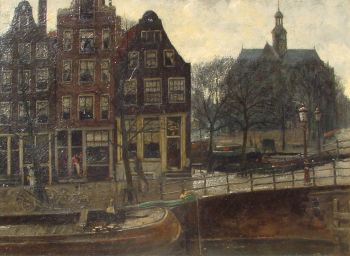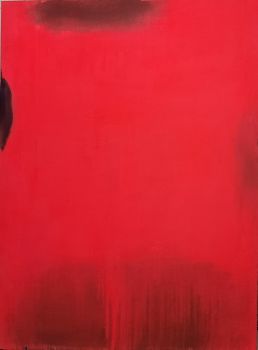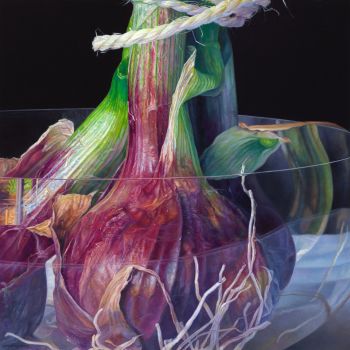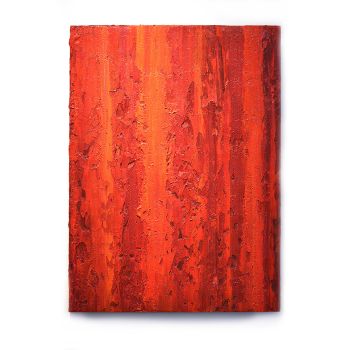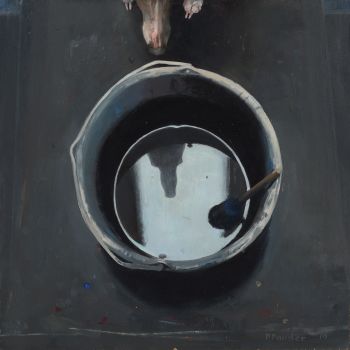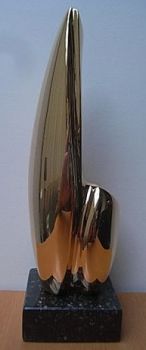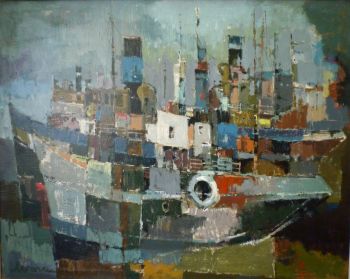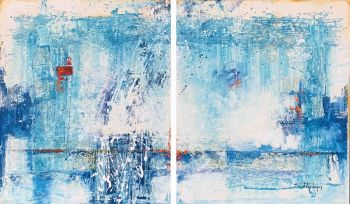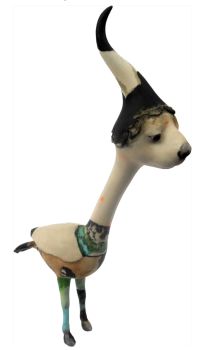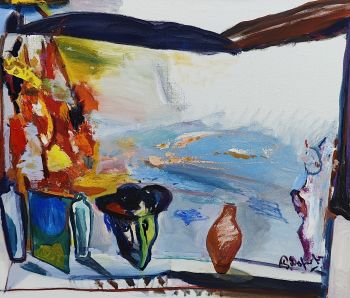Art for sale: some practical tips when buying your (first) artwork
Some people grew up with collecting and buying art. Others 'get caught' later on in their lifes by the 'art virus'. However, it is never too late to start collecting and buying art. But where to start when buying art? And where do you have to pay attention to? In the following is article we provide you a number of useful tips and tricks that may help you with your (first) purchase of art.
Buy art that you like
Don't be put off by all the new terms and techniques, fancy galleries or art fairs. Art is for everyone and should be accessible to everyone. First of all, try to discover what you really like. Preferably trust your feelings. Does a work touch you? And if you get a bit restless from greed, then you are often in the right place. There must be some kind of love. Don't let the fame or popularity of an artist alone guide you. The quality is often more important than the name, a famous artist also had a bad day once in a while. And eventually buy a work of art because it enriches your life, not to show it off. Buy preferably a lovingly made work that touches you, that you like and keeps you looking at and that never gets boring.
 Art for sale; what art style do you like? Find out and try 'Artease'!
Art for sale; what art style do you like? Find out and try 'Artease'!
But how do you discover what you like?
Probably you already have formed a (subconscious) preference for a certain art style or specifice artists. And you may have seen something in a museum or online or hanging at someone's wall that you really like. To find out better what you do and don't like, you could orientate yourself further in a playful way via our online tool called 'Artease'. By clicking on the various art objects and labels that you like, you can find out in a enjoyable way the main characteristics and styles that attract you the most in art. Of course if you are a little bit more patient you can of also visit several museums with different art styles such as modern, contemporary or more classical art.
But you could also read artbooks about certain art movements and styles or even read a book about art history to get a good overview of the origins and development of art. Generally speaking, if you see more art and know more about it; such as the real story behind the work of art, the period in which it was made, the way it was made and above all the reason why the artist made it, it will give the artwork an extra dimension and you will probably look at it with different eyes!
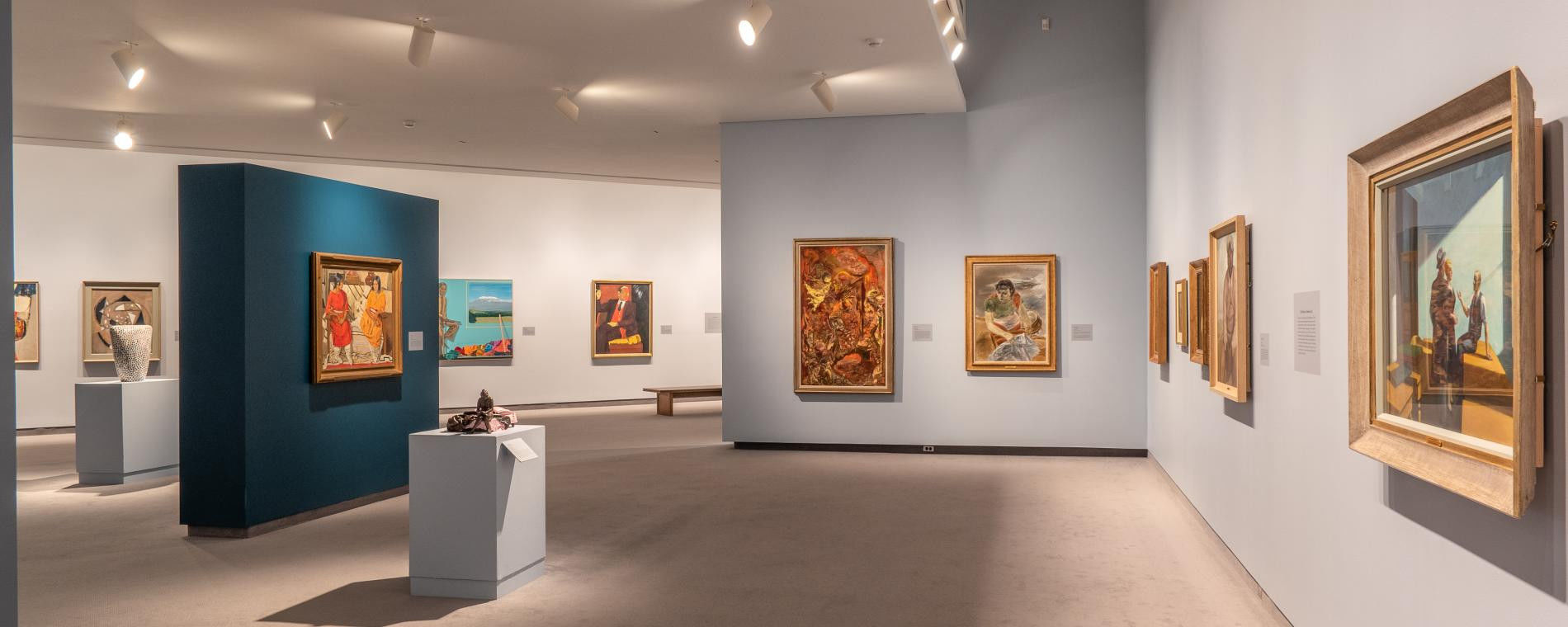 Art for sale; visit several museums with different art styles
Art for sale; visit several museums with different art styles
You don't have to be an expert to buy art
But you don't have to be an arthistorian to buy art or start a collection. However, before you actually intend to buy art, it is advisable to look at works of art in real life. Often works of art in real life come across differently in terms of texture, colour and size and shape than on paper or on a computer screen. Try and enter a (renowned) gallery or visit an art fair or auction. Do not be deterred by the so-called 'etiquettes'. The advantage of a gallery or art fair is that the gallery owner is often an art lover too and wants to tell you with passion all about the work of art or about the artist. Don't be afraid that the gallery owner will immediately try to sell you something. When you have orientated yourself beforehand about the type of art you like, the advantage will be that you can ask specific questions and that you have a chance of an animated conversation.
What questions can you ask before you buy art?
Have you found a work of art that you really like and would like to buy? Then ask the gallery owner about the quality, the use of materials and for example the origin of the work, see also our article about provenance. If you are interested in a litho or a engraving you could ask how large the total edition was and if it has been signed by the artist self. You might be even dealing with an artist's proof.
And you can also always ask for more information about the artist's biography. It is interesting to know if, for example, an artist has studied at a specific art academy, has done many exhibitions and artfairs or has won important (international) prizes. The more experienced an artist is, the higher (in most cases) the value of the artwork. And don't forget to ask for a certificate of authenticity, a respectable gallery or art dealer will be more thand happy to give you this certificate and even take the work back if something is not right in the end.
 Art for sale; visit a respectable art gallery and ask questions about the artwork and artist!
Art for sale; visit a respectable art gallery and ask questions about the artwork and artist!
What about the price of the artwork you would like to buy?
Art dealers are often the owners of an artwork. Where galleries often sell works on behalf of the artist, so they are often not the owner of the work themselves and receive a percentage of the sale. In return, the gallery owner promotes the artist in all kinds of ways, such as organizing exhibitions and advertisment. When buying the work of art, do not be afraid to talk and negotiate about the price. You can investigate at home whether the price is reasonable and look at similar works sold or auctioned by the same artist. But in the end, buying art is about granting each other something and that all parties get their fair share.
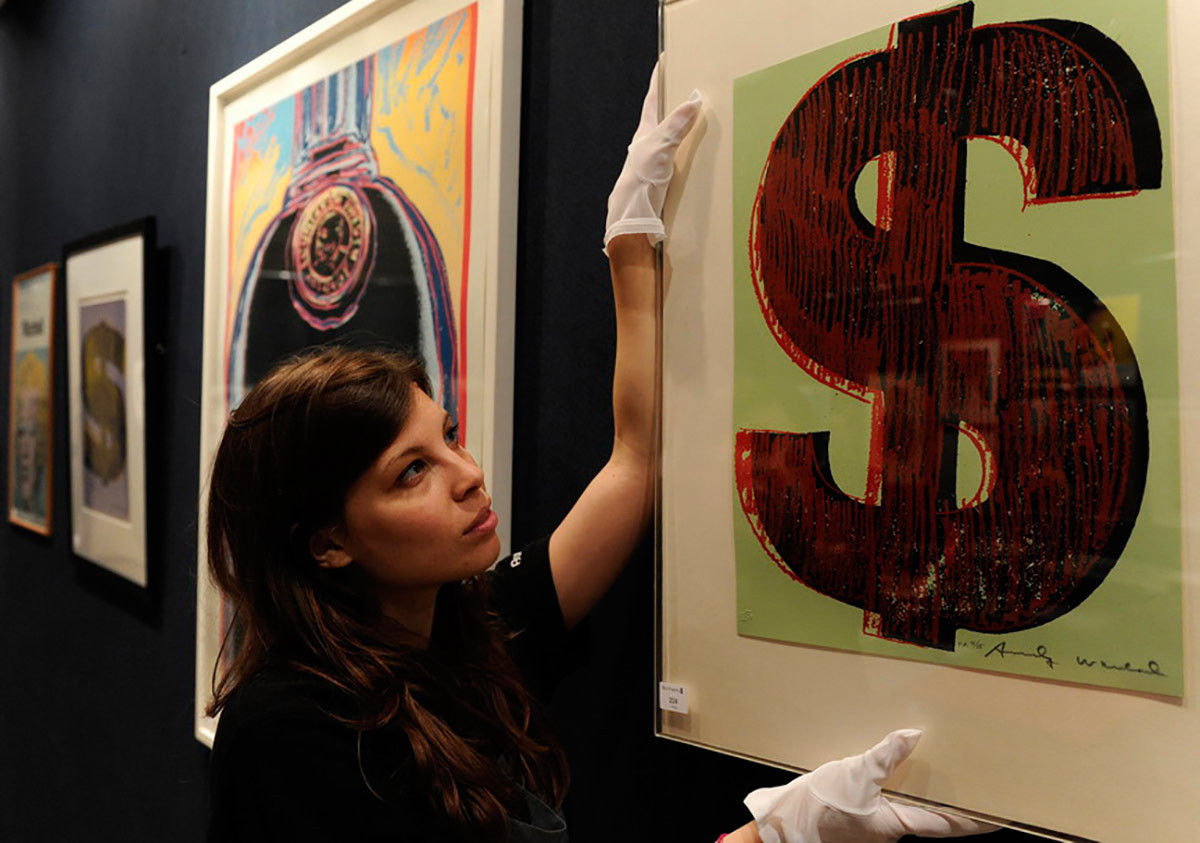 Art for sale; There is often room to negotiate when buying art
Art for sale; There is often room to negotiate when buying artDetermine your budget before buying art
Before you start buying art, try to determine your maximum budget in advance. Don't forget to take into account the extra costs for framing, insurance and transport. Especially shipments from abroad can quickly run into hundreds of extra euros. Try to define a maximum price range for yourself in order to focus your search. But be prepared that you can still fall in love with a certain work that is above your budget. Then weigh up whether you are going to miss the opportunity and perhaps regret it in the future, or whether you are going to let it pass you by. On the online art platform Gallerease you can search by price range for many works of art and see which works are available in multiple galleries.
Does the art fit into your home?
It is important if you have a work of art in mind and you are planning to buy it, to determine where you will place it or hang it in your home or in your office. So pay particular attention to the dimensions, colours and ask the art dealer or gallery whether you can return the work if it does not fit. At Gallerease it is possible to search on the multiple variables. But you can also take a photo of the space and the artwork and scale it up to make a good estimation. And don't forget to discuss with your partner whether he or she would like the work as well!
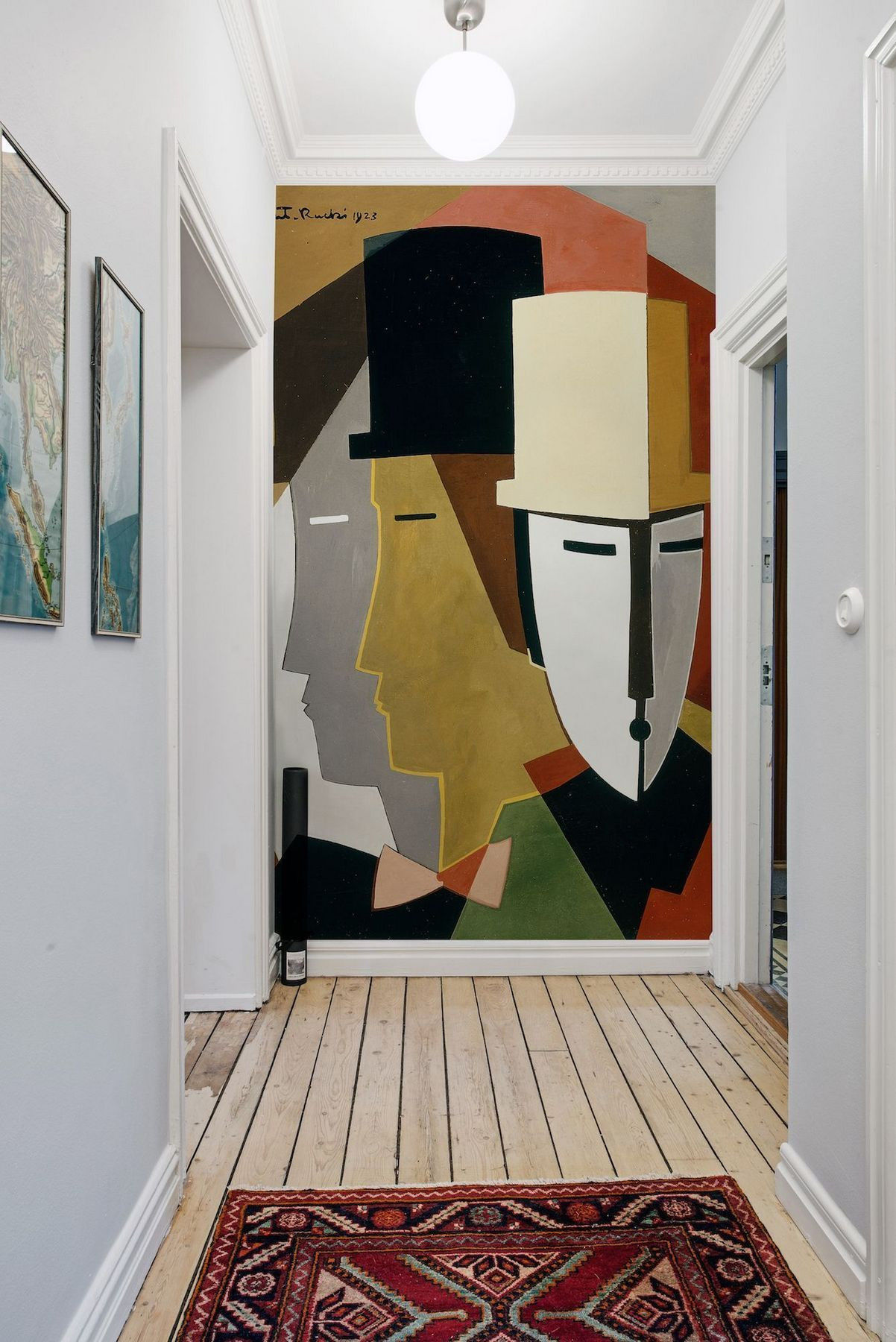 Art for sale; be sure that before you buy an artwork that it fits into your home and if our partner also likes it!
Art for sale; be sure that before you buy an artwork that it fits into your home and if our partner also likes it!
Don't buy art as an investment
To return to the beginning of this article, the most important thing about buying art is that you buy something that makes your heart beat faster. Buying art as an investment is usually not a good idea and should come in second or third place. In the end you are the one who has to look at your purchase every day, not your accountant or bookkeeper. To consider a purchase purely as an investment, you would have to immerse yourself very thoroughly in the international art world and the market.
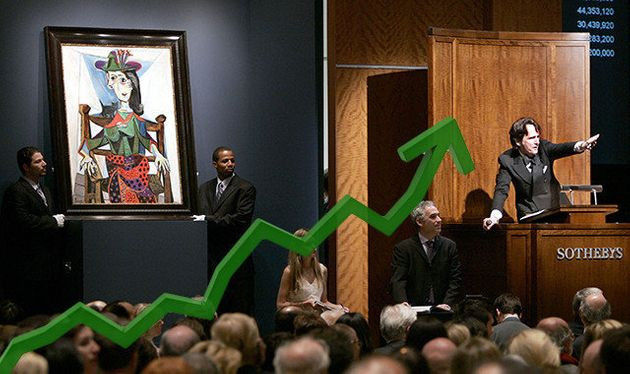 Art for sale; Buying art as an investment is generally not recommended
Art for sale; Buying art as an investment is generally not recommended
Inspired and curious to know about what art is for sale? Take a look at our collection offer of more than 6000 artworks from more than 55 renowned galleries and art dealers via our online art platform Gallerease!


